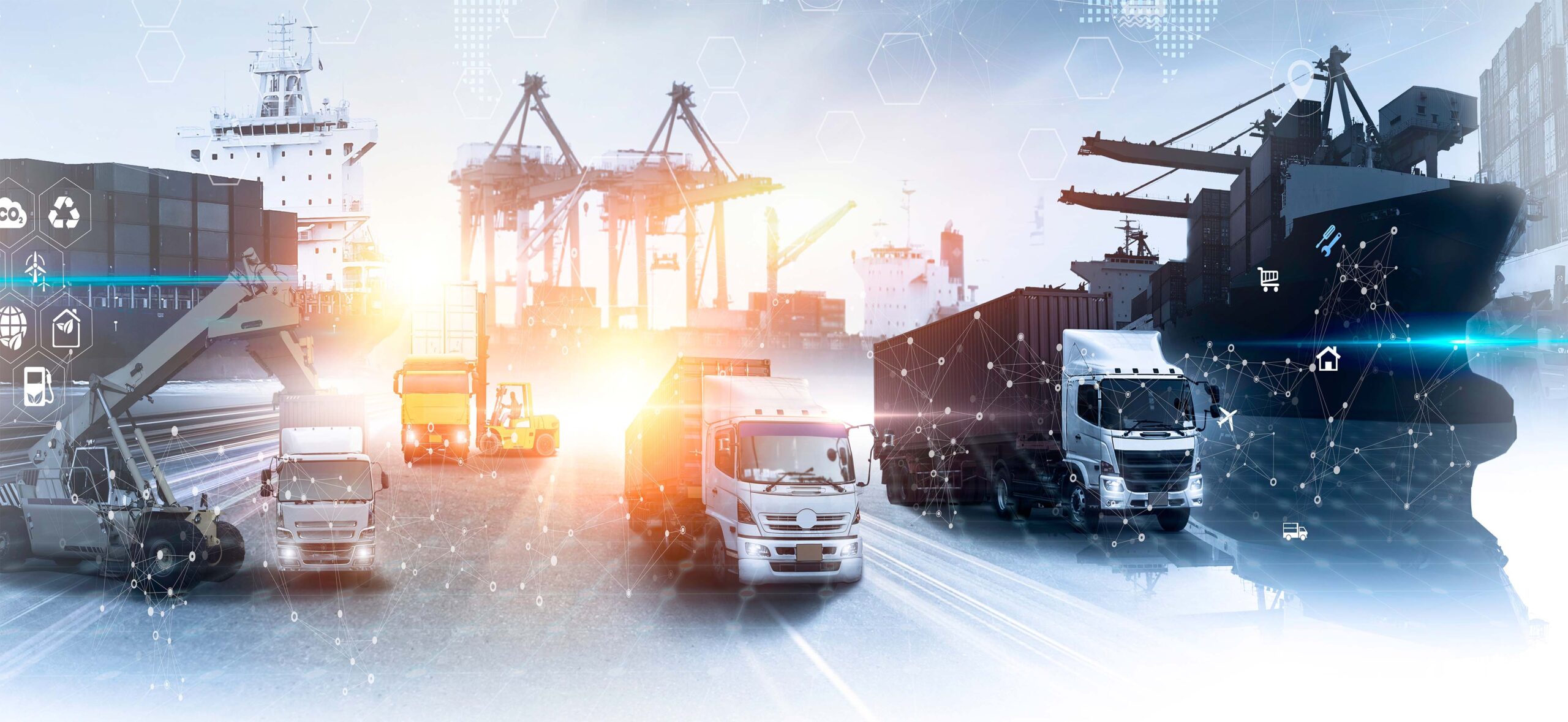In a globalized world, international logistics face numerous challenges that require innovative and efficient solutions. Companies operating globally must address these difficulties to ensure a smooth and effective flow of goods. Below are some of the main challenges:
Customs and Tariff Regulations:
Differences in customs regulations and tariffs between countries can complicate logistics. Companies must stay updated on the laws and regulations of the countries they trade with.
Multimodal Coordination:
International transportation often involves using multiple modes of transport, complicating coordination and increasing transit times.
International Communication and Collaboration:
Language and cultural barriers can hinder communication and collaboration between international partners.
Security and Risk Management:
International transportation carries significant risks, such as theft, loss, or damage of goods.
Sustainability and Carbon Footprint:
The pressure to reduce carbon footprint and adopt sustainable practices is a growing challenge in international logistics.
Planning and Forecasting:
Due to market fluctuations and seasonal differences, predicting demand and planning logistics operations internationally is complex.
Addressing these challenges enhances operational efficiency and strengthens the competitive position of companies in the global market. The ability to adapt and evolve in the field of international logistics is crucial for long-term success.
International logistics face challenges such as customs regulations, multimodal coordination, intercultural communication, security, sustainability, and planning, essential for improving operational efficiency and global competitiveness.




